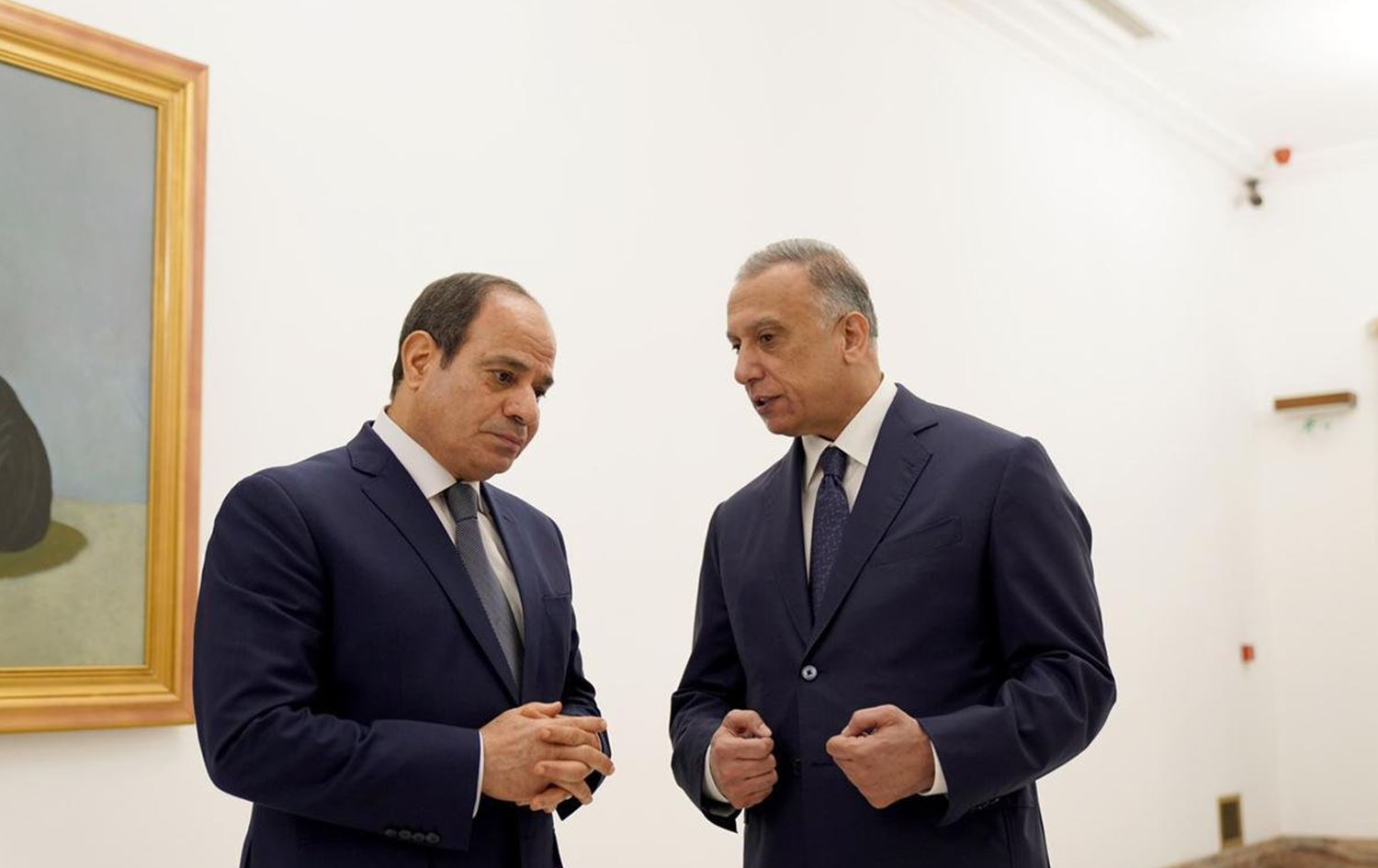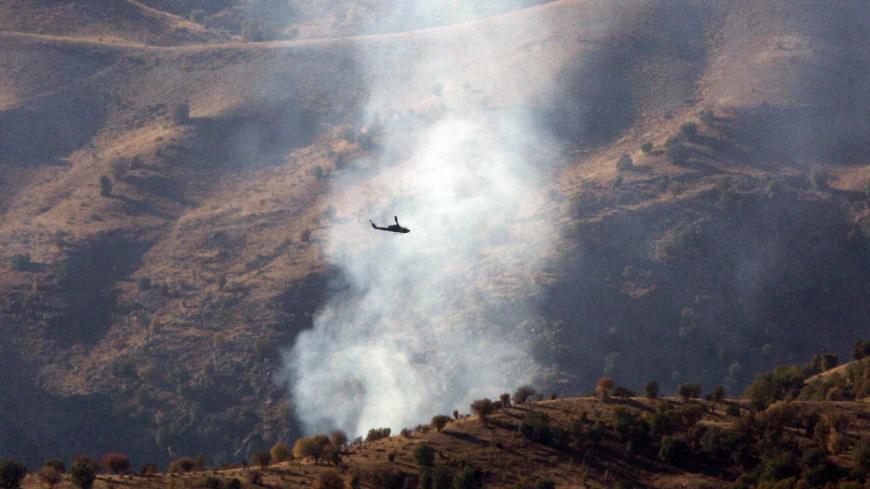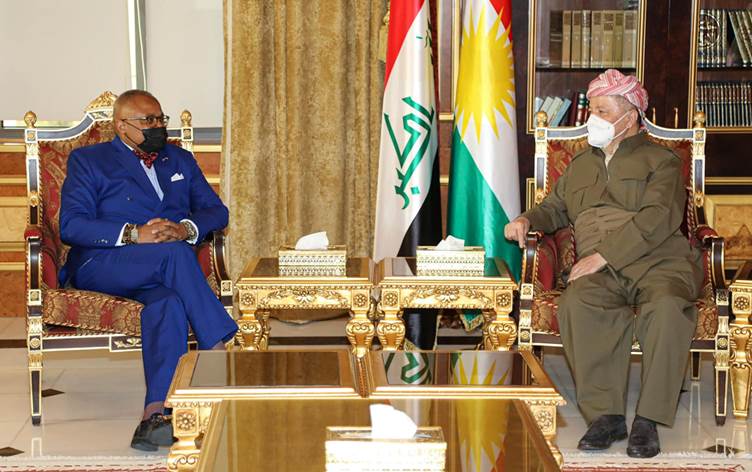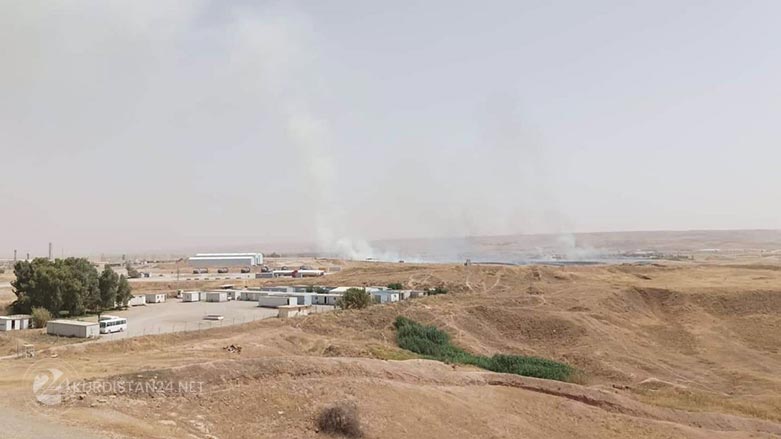A high-level Kurdistan Regional Government (KRG) delegation arrived in Baghdad on Tuesday for oil and budget talks, with KRG officials having expressed hope that discussions will be fruitful.
The visit of KRG deputy prime minister Qubad Talabani-led delegation is part of a series of visits to Baghdad beginning last month for agreement on financial issues between Erbil and Baghdad.
Talks will focus on “the KRG’s financial entitlements, and how to work them into Iraq’s 2021 budget law,” Qubad Talabani’s media officer Samir Hawrami said.
An initial agreement reached between Erbil and Baghdad states that all Kurdistan Region “oil incomes, non-oil incomes and domestic revenues” will go the KRG, while “50 percent of the KRG’s border crossings revenues will be given to the Iraqi government,” Hawrami said last month.
Two KRG representatives – deputy planning minister Zagros Fatah, and head of the KRG finance ministry’s budget department Parikhan Nuri
– are working in coordination with the Iraqi finance ministry to prepare a draft for the budgets of 2021, 2022 and 2023.
The KRG delegation’s arrival to Baghdad comes less than two weeks after US Secretary of State Mike Pompeo said that he had urged the Iraqi federal government to “clinch a budget deal” with the KRG.
Pompeo’s comment followed KRG Prime Minister Masrour Barzani and Iraqi Prime Minister Mustafa al-Kadhimi’s announcement that they had reached a temporary deal, in which Baghdad would send 320 billion dinars ($270 million) monthly to Erbil for the KRG to pay its civil servants. A senior KRG official said on Sunday that the 320 billion dinar payments would continue until either the end of 2020, or when Iraqi parliament approves a 2021 budget.
On Saturday, KRG representative to Baghdad Faris Issa said that Erbil is looking for a “once and for all agreement” with Baghdad through the budget talks.
“There is certainly hope, there is a pure intention, there is will between the two sides. The preparation of the budget bill is also a step and an opportunity to reach an agreement,” Faris said.
Last week, Kurdistan Region president Nechirvan Barzani paid a “successful” visit to Baghdad, where he met with a number of Iraqi leaders on the sidelines of a meeting with France’s President Emmanuel Macron.
Ahmed Safar, a Kurdish member of the Iraqi parliament also said that the Iraqi finance ministry have been showing “a degree of leniency” towards the KRG, which will aid “resolution of the issues”.
“We are confident that next year’s budget will be in the interests of the Kurdistan Region,” Safar said.
The Kurdistan Region is heavily dependent on its share of the Iraqi budget, and Kurdish officials have said they cannot pay civil servants without what it says is its fair share of federal government money.
Erbil says it is entitled to its 12.67% share of federal funds, as stipulated by Iraq’s 2019 budget law, while Baghdad says the KRG has not lived up to its end of a deal that includes turning over 250,000 barrels of oil daily to Iraq’s State Organization for the Marketing of Oil (SOMO), a state-owned oil company.
Before the August agreement between premiers Barzani and Kadhimi, Baghdad had not sent funds to Erbil since April, worsening the KRG’s failure to pay complete and full public sector employee salaries this year.
KRG public sector employees have taken to the streets over delays in salary payments. Demonstrations and strikes calling on the KRG’s current cabinet to resign have occurred several times in Sulaimani province, while protests by teachers in May over delayed pay in Duhok were shut down.




